Home>Garden Essentials>How Long Do Cumin Seeds Last
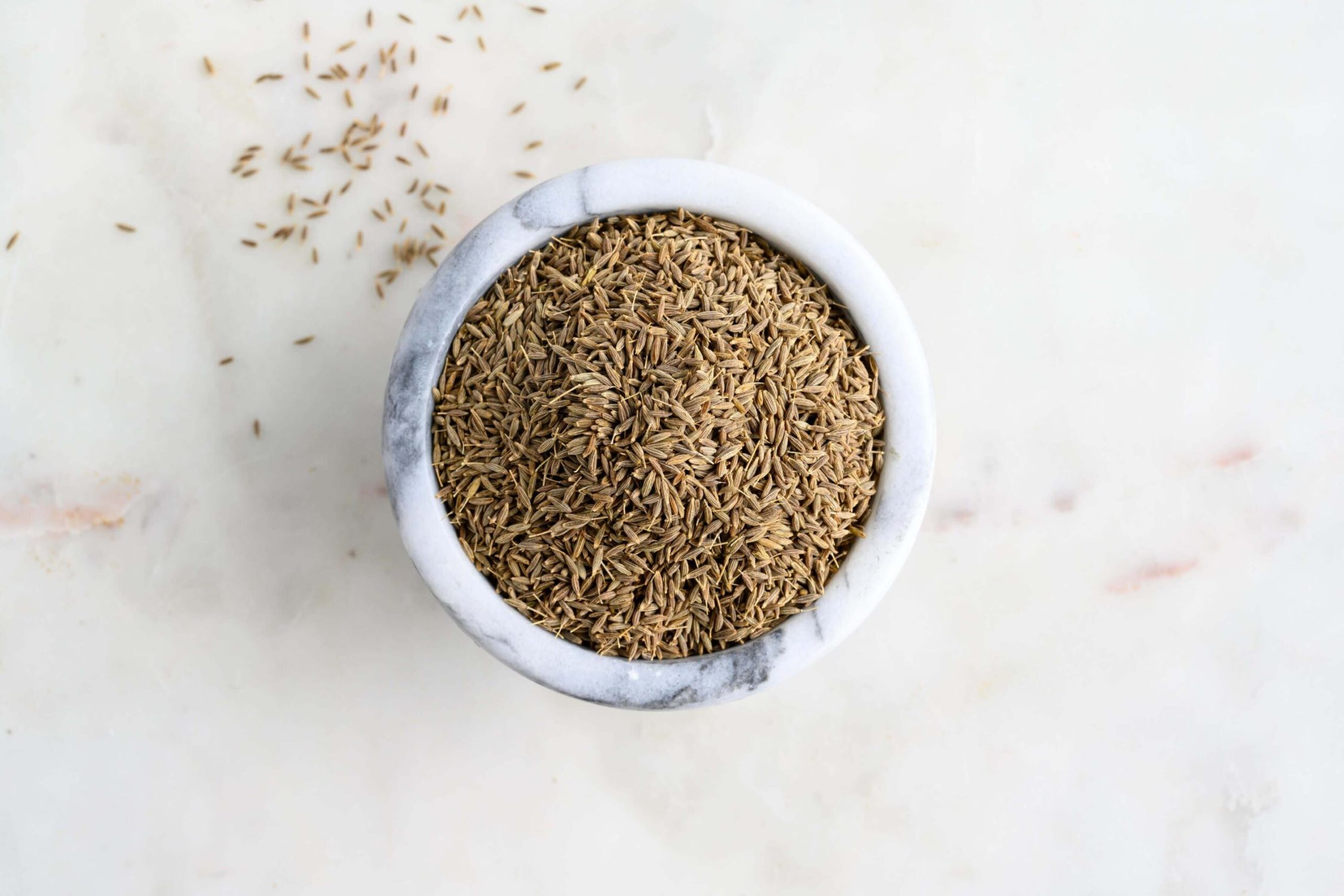

Garden Essentials
How Long Do Cumin Seeds Last
Modified: March 16, 2024
Discover how long cumin seeds last in the garden. Learn valuable tips for storing and preserving your cumin seeds to extend their lifespan.
(Many of the links in this article redirect to a specific reviewed product. Your purchase of these products through affiliate links helps to generate commission for Storables.com, at no extra cost. Learn more)
Introduction
Cumin seeds are a versatile and flavorful spice commonly used in various cuisines around the world. With their distinctive aroma and earthy taste, cumin seeds add depth and complexity to countless dishes, from Mexican salsas to Indian curries and Middle Eastern falafel. But like any other spice, cumin seeds have a limited shelf life.
Knowing how long cumin seeds last is essential for maintaining their freshness and ensuring optimal flavor in your culinary creations. In this article, we will explore the factors that affect the shelf life of cumin seeds, proper storage methods to extend their lifespan, and how to identify signs of spoilage.
Whether you’re an avid home cook or a professional chef, understanding the longevity of your spices is crucial for maintaining their quality and potency. So, let’s dive into the fascinating world of cumin seeds and learn how to make the most of this delightful spice!
Key Takeaways:
- Keep your cumin seeds fresh by storing them in a cool, dark, and dry place in airtight containers. Check for spoilage signs like off odors and texture changes to ensure flavorful dishes.
- Extend the lifespan of your cumin seeds by buying in small quantities, grinding as needed, and freezing excess amounts. Use airtight containers and avoid direct heat exposure for maximum freshness.
Read more: How Long Do Caraway Seeds Last
Factors Affecting the Shelf Life of Cumin Seeds
Several factors determine the shelf life of cumin seeds. By understanding these factors, you can ensure that your cumin seeds stay fresh and flavorful for as long as possible:
- Storage Conditions: The way cumin seeds are stored plays a significant role in their shelf life. Exposure to light, heat, and moisture can accelerate the deterioration process. It is crucial to store cumin seeds in a cool, dark, and dry place, away from direct sunlight, heat sources, and humidity.
- Packaging: The quality of the packaging can impact the shelf life of cumin seeds. Airtight containers, such as glass jars or sealed plastic bags, can help prevent exposure to air and moisture, keeping the seeds fresher for longer.
- Quality of Seeds: The quality of the cumin seeds themselves also determines their longevity. Fresh, high-quality seeds are more likely to last longer compared to older or damaged seeds. When purchasing cumin seeds, opt for reputable brands or sources that guarantee freshness.
- Exposure to Oxygen: Oxygen can cause the oxidation of the natural oils in cumin seeds, leading to a decline in flavor and aroma. To reduce oxygen exposure, it is advisable to keep the container tightly sealed and minimize opening it unnecessarily.
- Time Since Harvest: Cumin seeds gradually lose their flavor and potency over time. The time elapsed since the seeds were harvested can affect their overall shelf life. It is best to use cumin seeds within a year of harvest for maximum flavor.
By taking these factors into account, you can ensure that your cumin seeds retain their freshness and flavor for an extended period. Proper storage and handling are key to maintaining the quality of your spices and enhancing your culinary endeavors.
Proper Storage of Cumin Seeds
To maximize the shelf life of cumin seeds and preserve their flavor and aroma, it is crucial to store them properly. Here are some essential tips on how to store cumin seeds:
- Choose the right container: Transfer your cumin seeds from their original packaging to an airtight container, such as a glass jar or airtight plastic container. The container should have a tight-fitting lid to prevent the entry of air and moisture.
- Keep it cool: Store the container of cumin seeds in a cool and dry place, away from direct sunlight and heat sources like the stovetop or oven. Excessive heat can cause the seeds to lose their flavor and essential oils.
- Avoid moisture: Moisture can cause cumin seeds to clump together and develop mold or spoilage. Ensure that the storage area is dry to prevent any moisture from entering the container.
- Minimize exposure to air: Oxygen can cause the oxidation of the natural oils in cumin seeds, leading to a loss of flavor and aroma. Keep the container tightly sealed when not in use to minimize air exposure.
- Organize and label: If you have multiple spices, including cumin seeds, it’s helpful to organize them and label the containers to easily identify and locate them. This will also minimize the opening and searching time, reducing exposure to air.
By following these storage tips, you can ensure that your cumin seeds remain fresh and flavorful for an extended period. Remember to check the quality and freshness of your spices regularly and replace them if they have gone past their expiration date or if you notice any signs of spoilage.
Proper storage practices will not only maintain the potency of your cumin seeds but also contribute to the overall success of your culinary endeavors. So, make sure to give your spices the care they deserve for delightful and aromatic dishes!
Store cumin seeds in an airtight container in a cool, dark place to extend their shelf life. They can last up to three years if stored properly.
Signs of Cumin Seed Spoilage
When it comes to using spices like cumin seeds, it is important to be able to recognize signs of spoilage. Using spoiled cumin seeds can not only affect the flavor of your dishes but may also pose health risks. Here are some indicators that your cumin seeds may have gone bad:
- Off or musty odor: Fresh cumin seeds have a distinct and aromatic smell. If your cumin seeds emit an unpleasant, musty, or off odor, it may indicate spoilage.
- Change in color and appearance: Cumin seeds are typically brown and have a uniform color. If you notice any discoloration, mold growth, or any other visible signs of damage, it is a clear indication that the seeds have gone bad.
- Deteriorating flavor: Spoiled cumin seeds often have a stale or bitter taste. If you notice a significant change in the flavor of your cumin seeds, it is best to discard them and get a fresh batch.
- Texture changes: Cumin seeds should have a firm and dry texture. If the seeds appear moist, clumped together, or have a slimy texture, it could be a sign of spoilage due to moisture exposure.
- Past expiration date: Always check the expiration date of your cumin seeds. While spices do not typically spoil in the same way as perishable foods, they can lose their potency and flavor over time.
If you encounter any of these signs, it is best to err on the side of caution and discard the cumin seeds. Using spoiled spices can result in unpleasant flavors and may impact the quality of your dishes. It is always better to have fresh and flavorful ingredients to enhance your culinary creations.
Remember to regularly inspect your spices for any signs of spoilage and replace them if needed. Proper storage and occasional checks can help ensure that you are using high-quality and safe cumin seeds in your cooking.
Extending the Lifespan of Cumin Seeds
While the natural shelf life of cumin seeds is limited, there are a few measures you can take to extend their lifespan and maintain their freshness. Here are some tips to help you make the most out of your cumin seeds:
- Buy in small quantities: If you don’t use cumin seeds frequently, consider purchasing them in smaller quantities. Buying in bulk may seem cost-effective, but it can lead to unused seeds sitting around for longer periods, causing them to lose flavor more quickly.
- Grind as needed: Whole cumin seeds retain their freshness longer than pre-ground cumin. Consider buying whole cumin seeds and grinding them as needed to preserve their flavor. This way, you can enjoy the maximum aroma and taste from freshly ground seeds.
- Freeze for long-term storage: If you have an excess supply of cumin seeds, freezing them can help extend their lifespan. Place the seeds in an airtight container or freezer bag and store them in the freezer. Frozen cumin seeds can maintain their quality for up to a year.
- Use airtight packaging: Investing in quality airtight containers is crucial for preserving the freshness of cumin seeds. Ensure that the containers are properly sealed to prevent air, moisture, and light from degrading the quality of the seeds.
- Avoid direct heat exposure: Keeping cumin seeds away from direct heat sources, such as stovetops or ovens, is important to prevent them from losing their aroma and flavor. Heat can accelerate the degradation process of the seeds.
- Rotate your stock: To ensure that you are using fresh cumin seeds, practice the “First In, First Out” (FIFO) method. This means using the older stock of seeds before opening a new package. Regularly check the expiration dates to guarantee the quality of your spices.
By implementing these strategies, you can prolong the lifespan of your cumin seeds and maintain their flavor and potency for a longer time. Remember that even with the best storage practices, cumin seeds will eventually lose their freshness. It is always a good idea to periodically evaluate the quality of your spices and replace them if they no longer meet your expectations.
Extend the lifespan of your cumin seeds to enjoy their delightful flavor and aroma in your dishes for as long as possible!
Read more: How Long Do Flax Seeds Last
Conclusion
Cumin seeds are a fantastic spice that adds depth and flavor to a wide range of dishes. Knowing how to properly store and maintain the freshness of cumin seeds is key to ensuring that they retain their flavor and aroma for as long as possible.
Factors such as storage conditions, packaging, and the quality of the seeds themselves all contribute to the shelf life of cumin seeds. By storing them in a cool, dark, and dry place, using airtight containers, and minimizing exposure to air and moisture, you can help extend their lifespan.
Signs of cumin seed spoilage include off odors, changes in color or appearance, deteriorating flavor, and texture changes. It’s important to regularly inspect your cumin seeds and discard any that show signs of spoilage to maintain the quality of your dishes.
To further maximize the shelf life of your cumin seeds, consider buying in small quantities, grinding them as needed, and freezing any excess amounts. Using airtight packaging and avoiding direct heat exposure are also important in preserving the freshness of the seeds.
In conclusion, with proper storage and handling, you can enjoy the full flavor and aroma of cumin seeds for an extended period. Regularly assess the quality of your spices and replace them when necessary to ensure the best culinary experience.
So, the next time you reach for that jar of cumin seeds, you can be confident that they will enhance your dish with their distinct flavor and elevate your cooking to new heights!
Frequently Asked Questions about How Long Do Cumin Seeds Last
Was this page helpful?
At Storables.com, we guarantee accurate and reliable information. Our content, validated by Expert Board Contributors, is crafted following stringent Editorial Policies. We're committed to providing you with well-researched, expert-backed insights for all your informational needs.
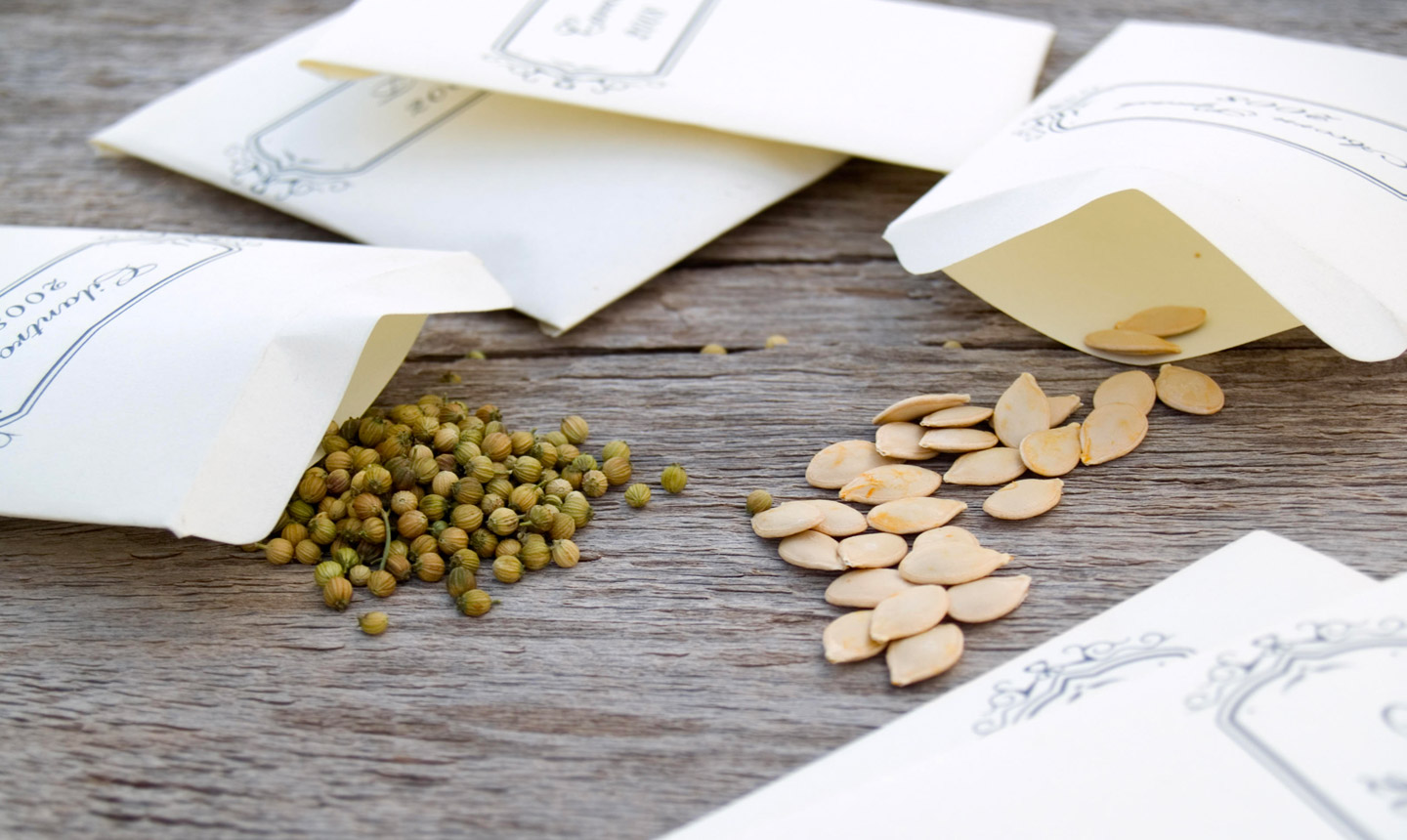
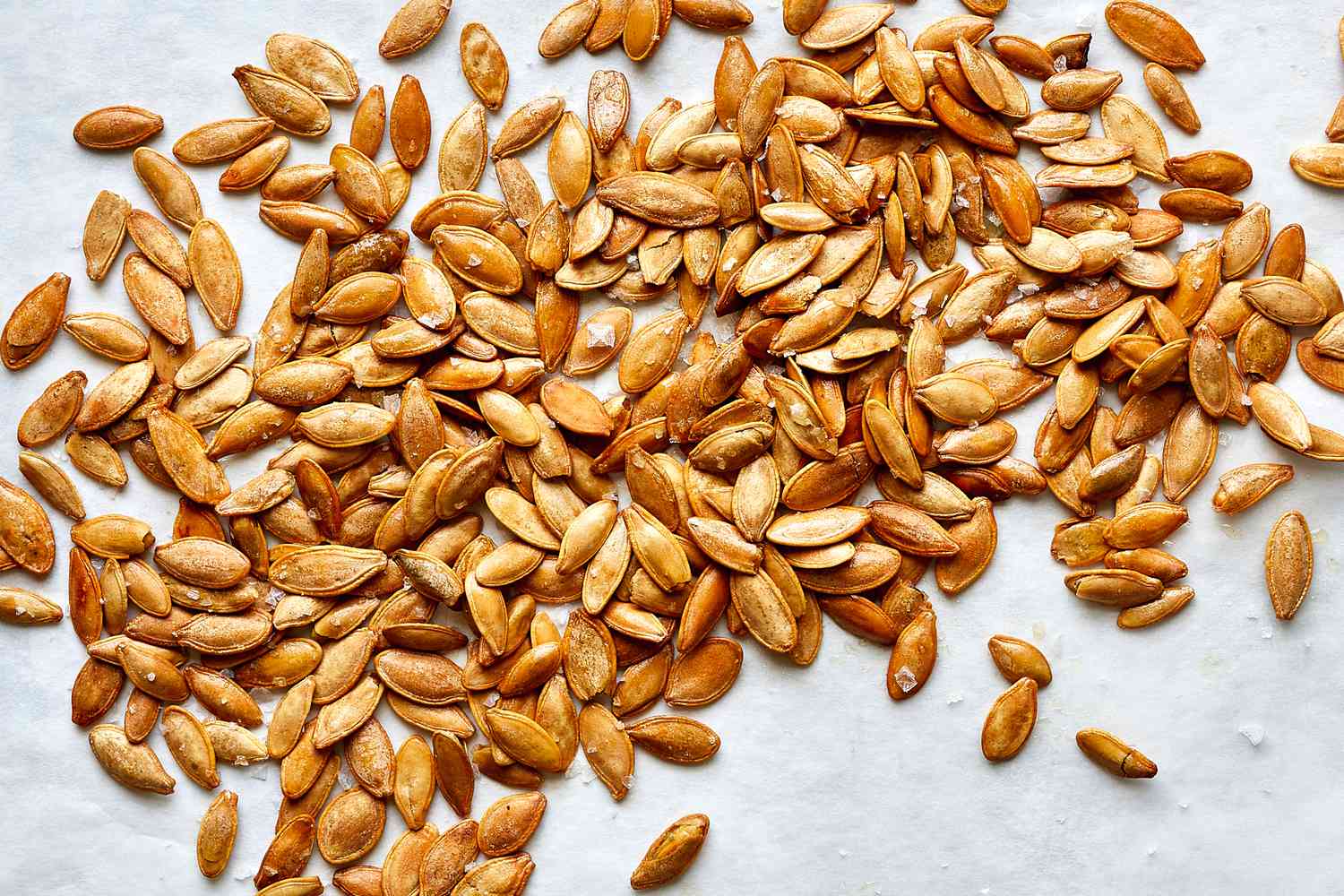
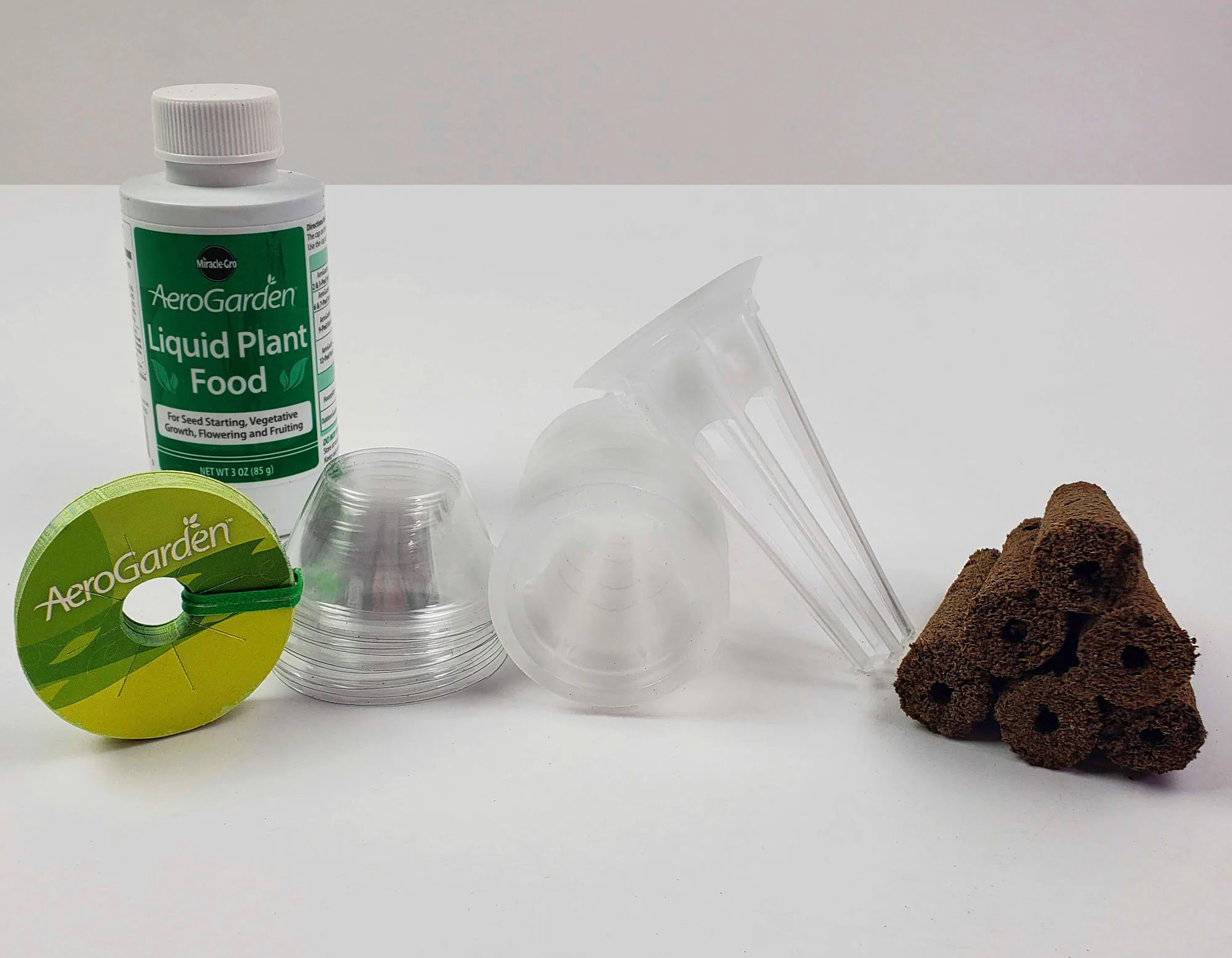
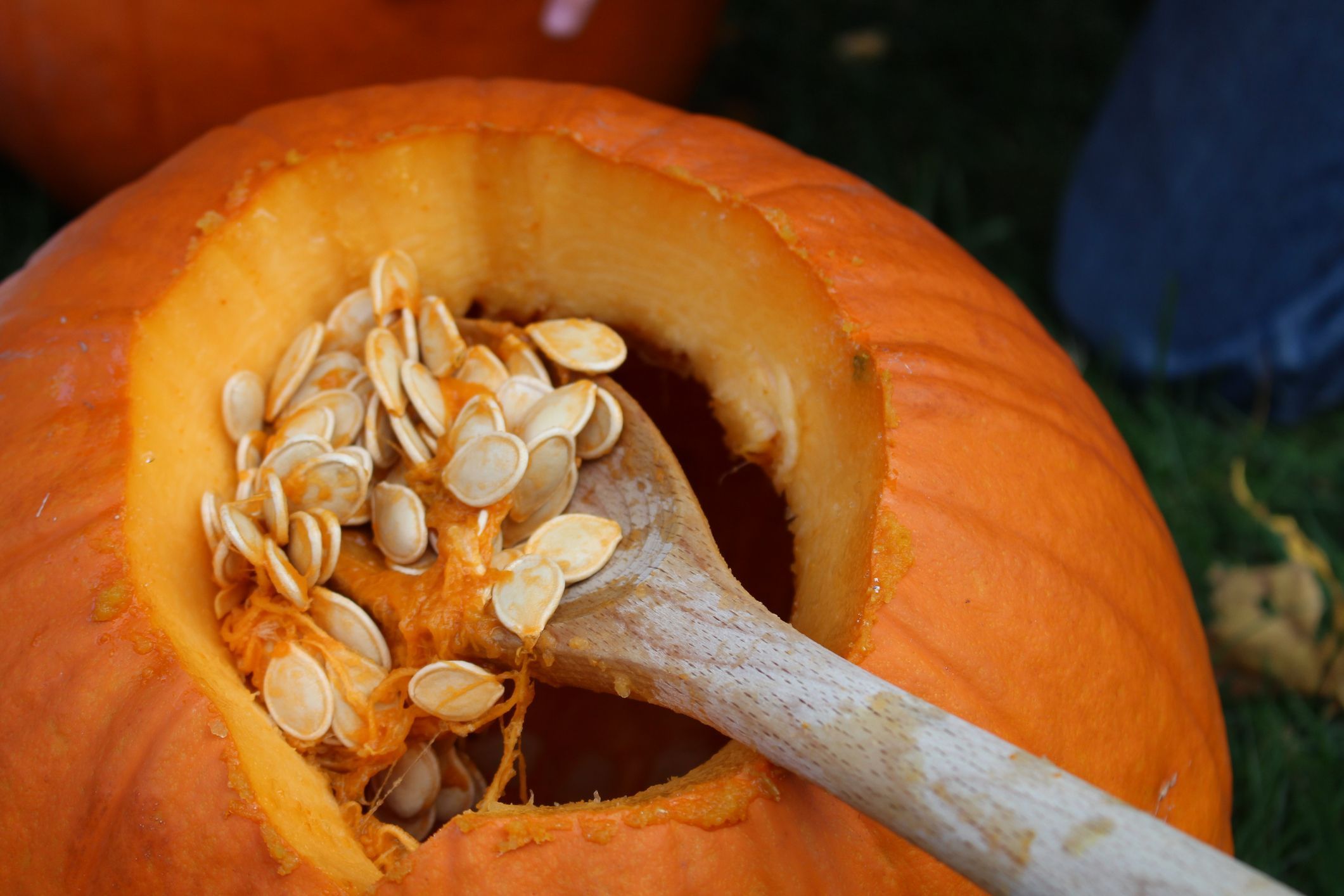
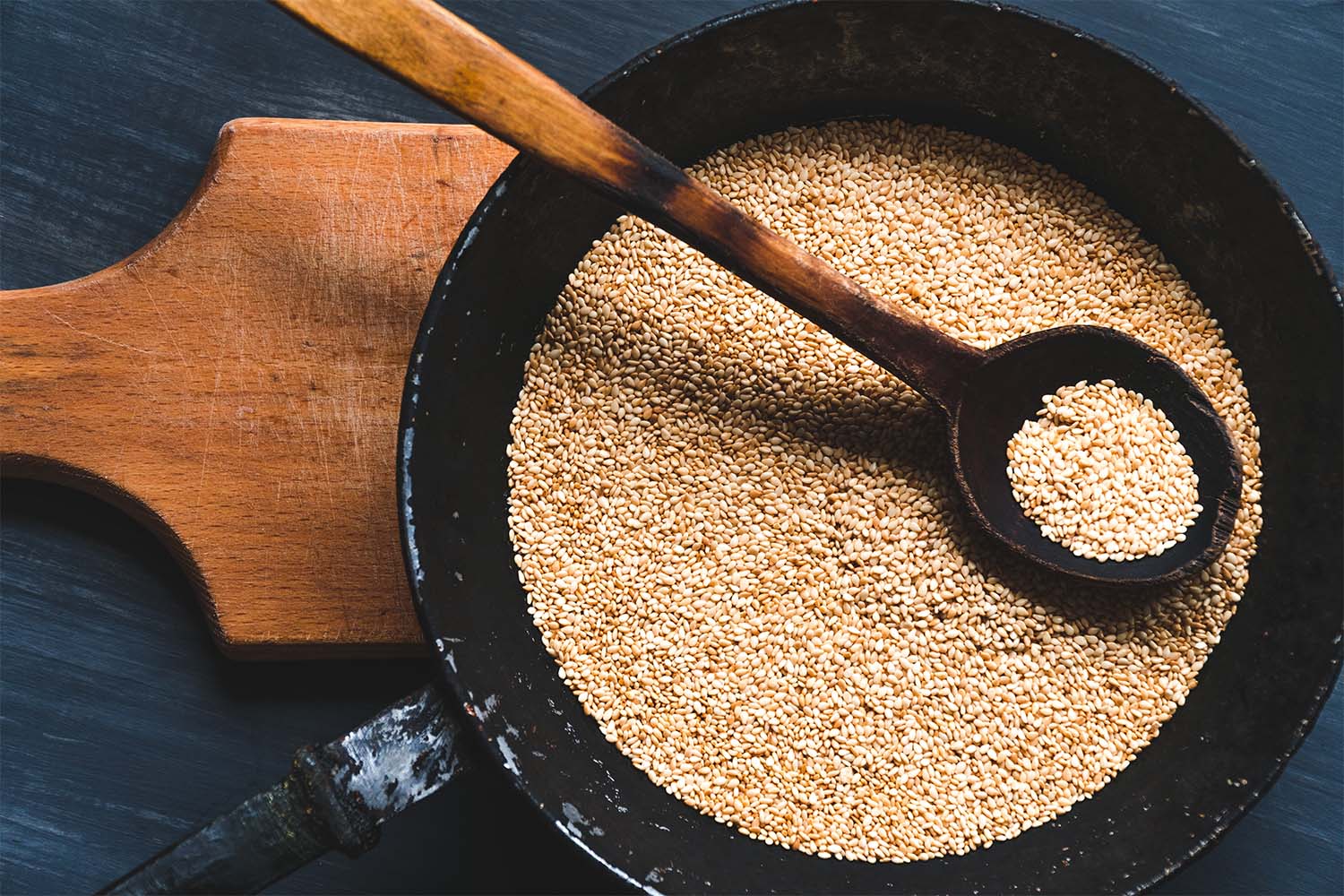
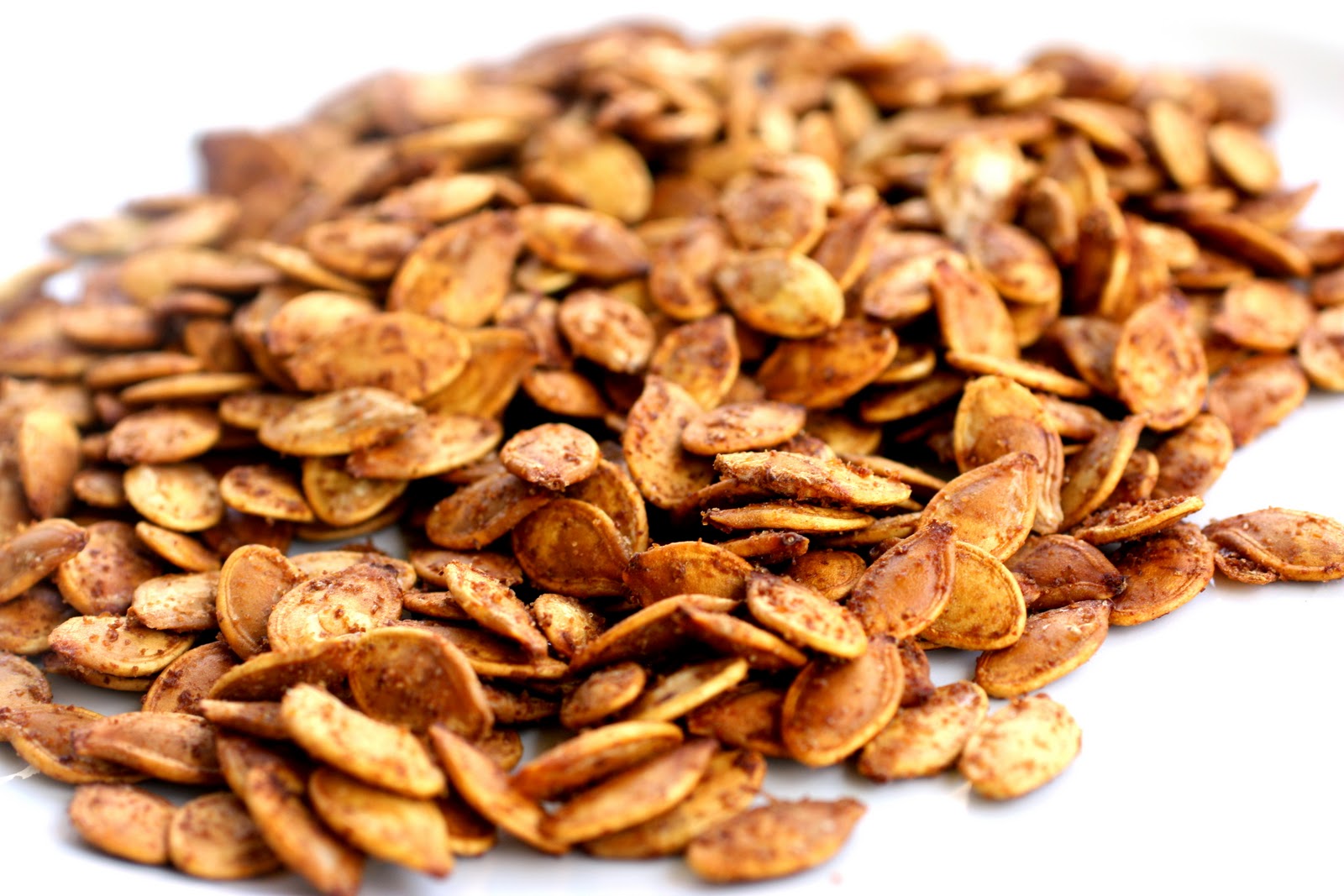
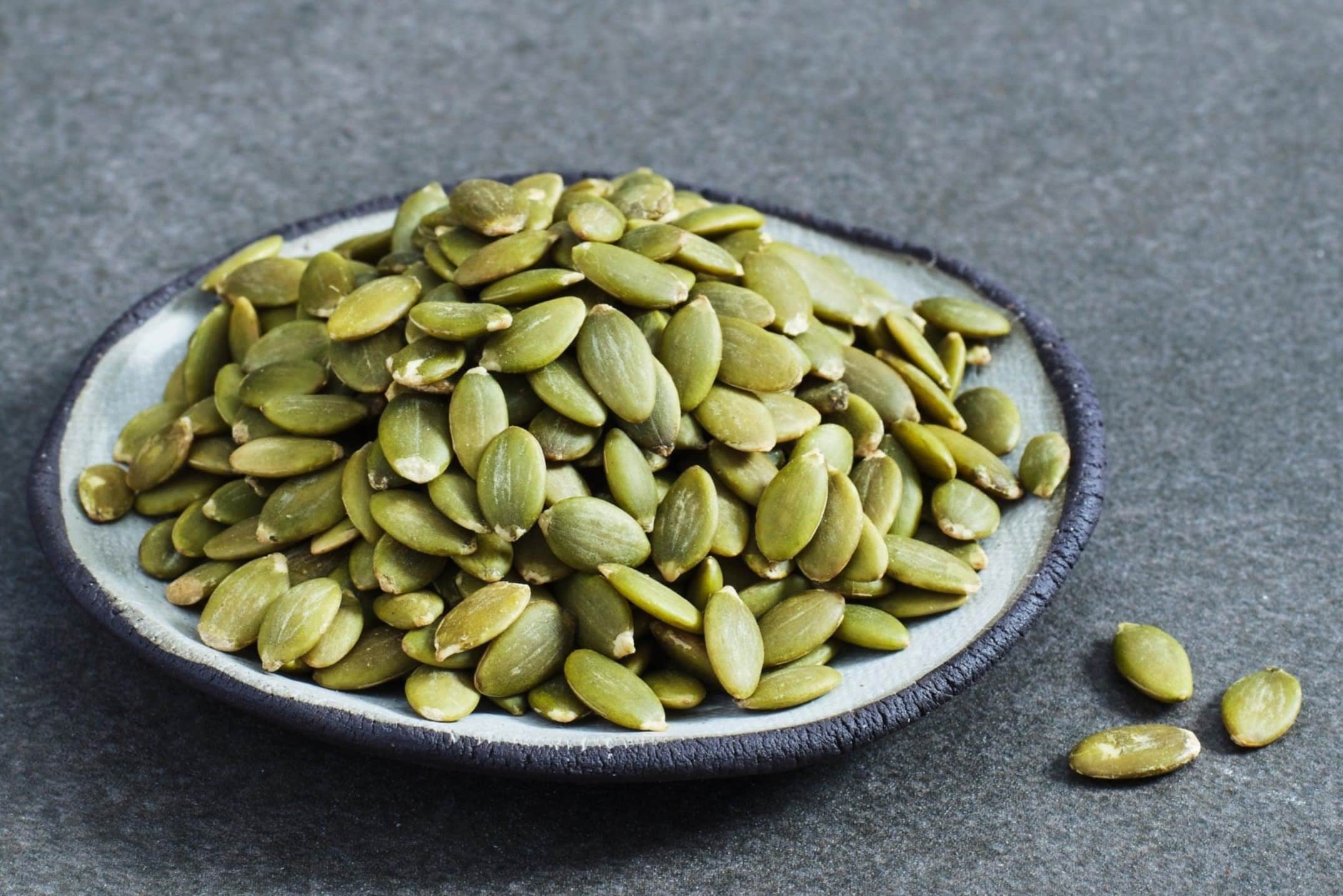
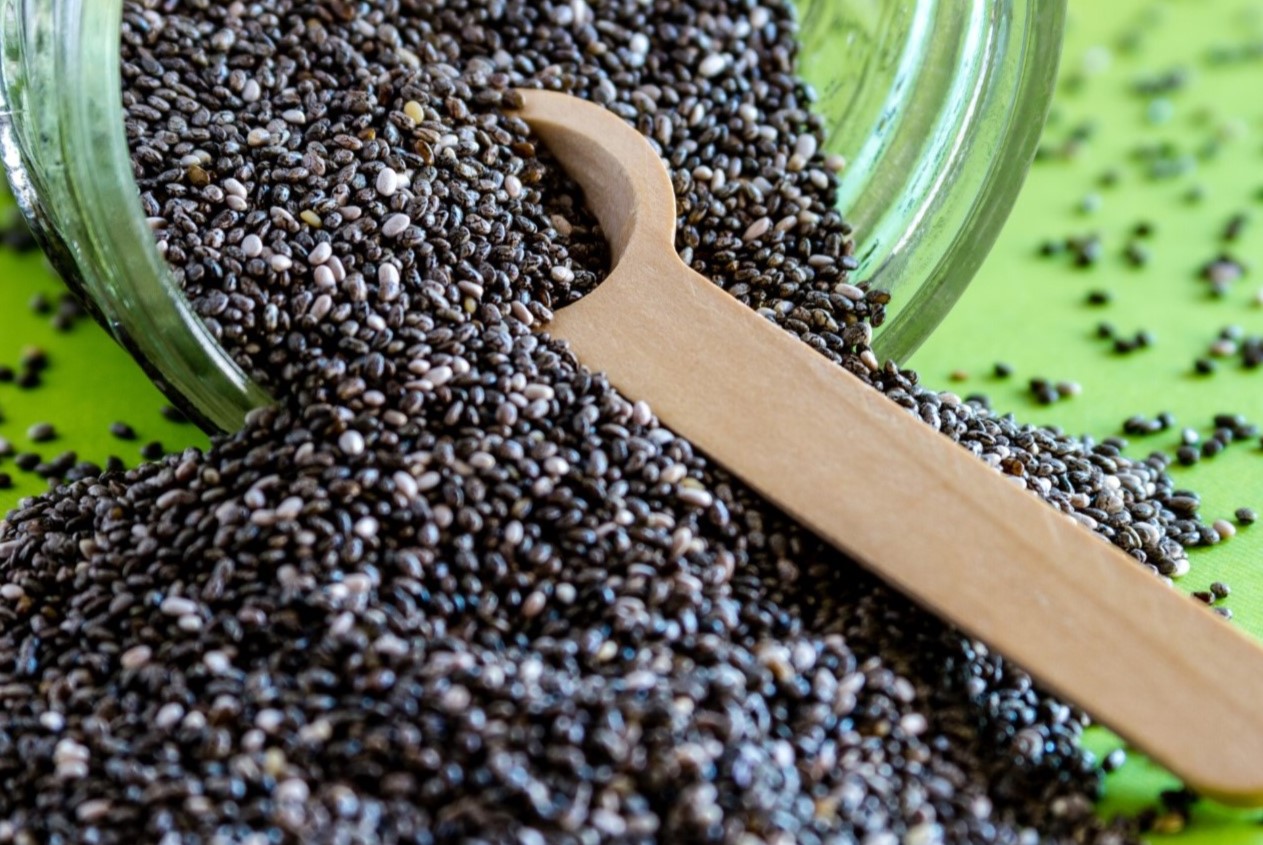
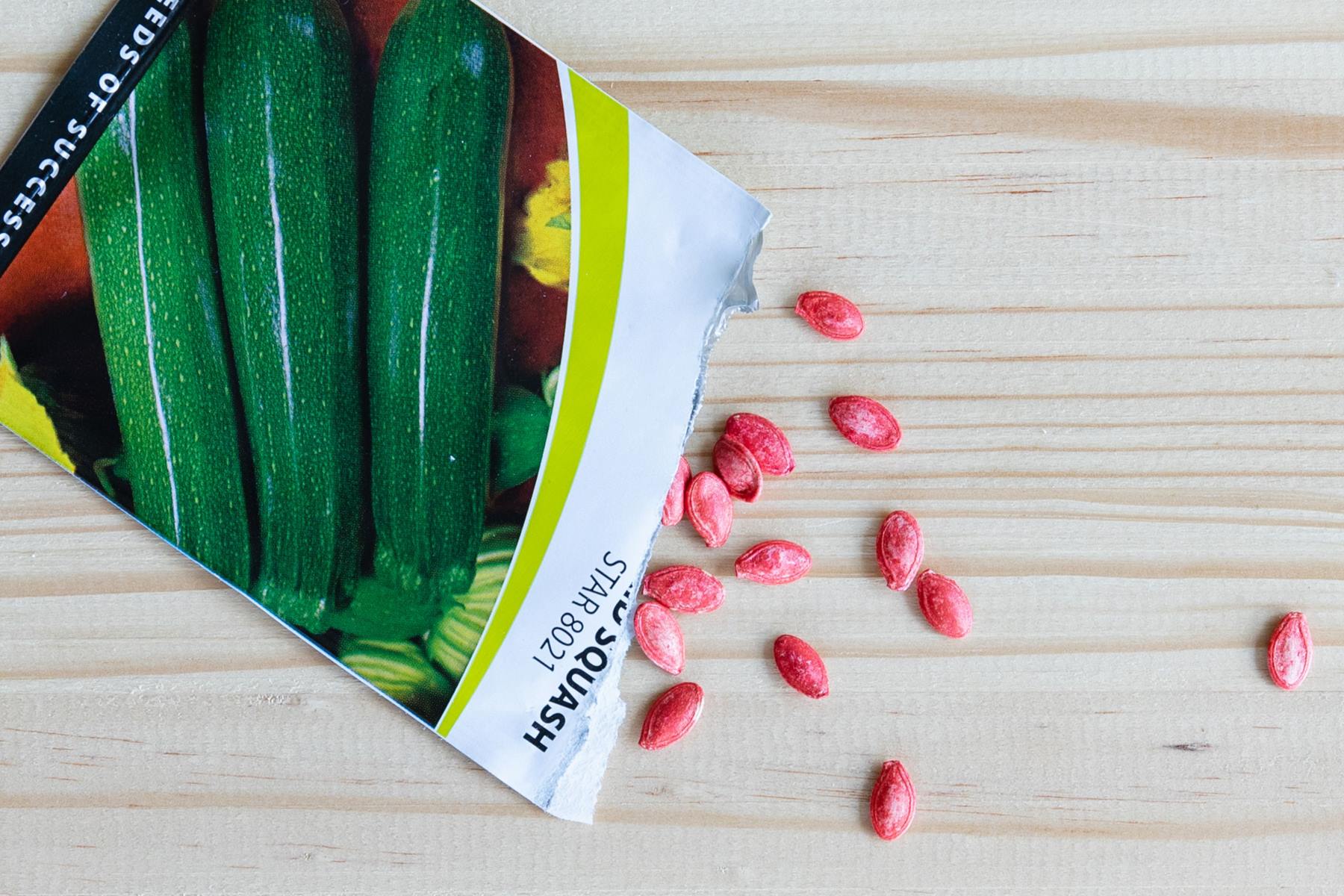
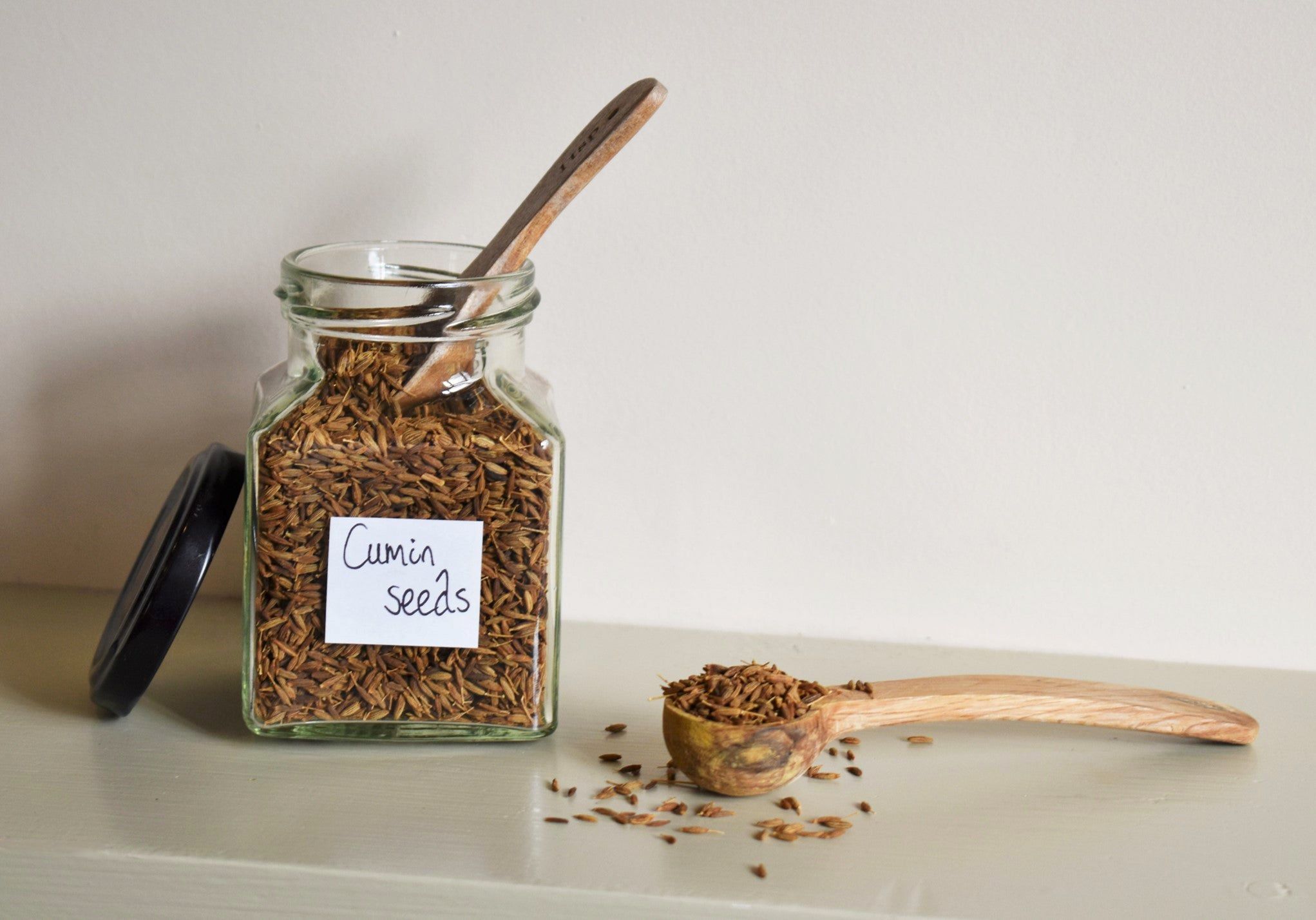
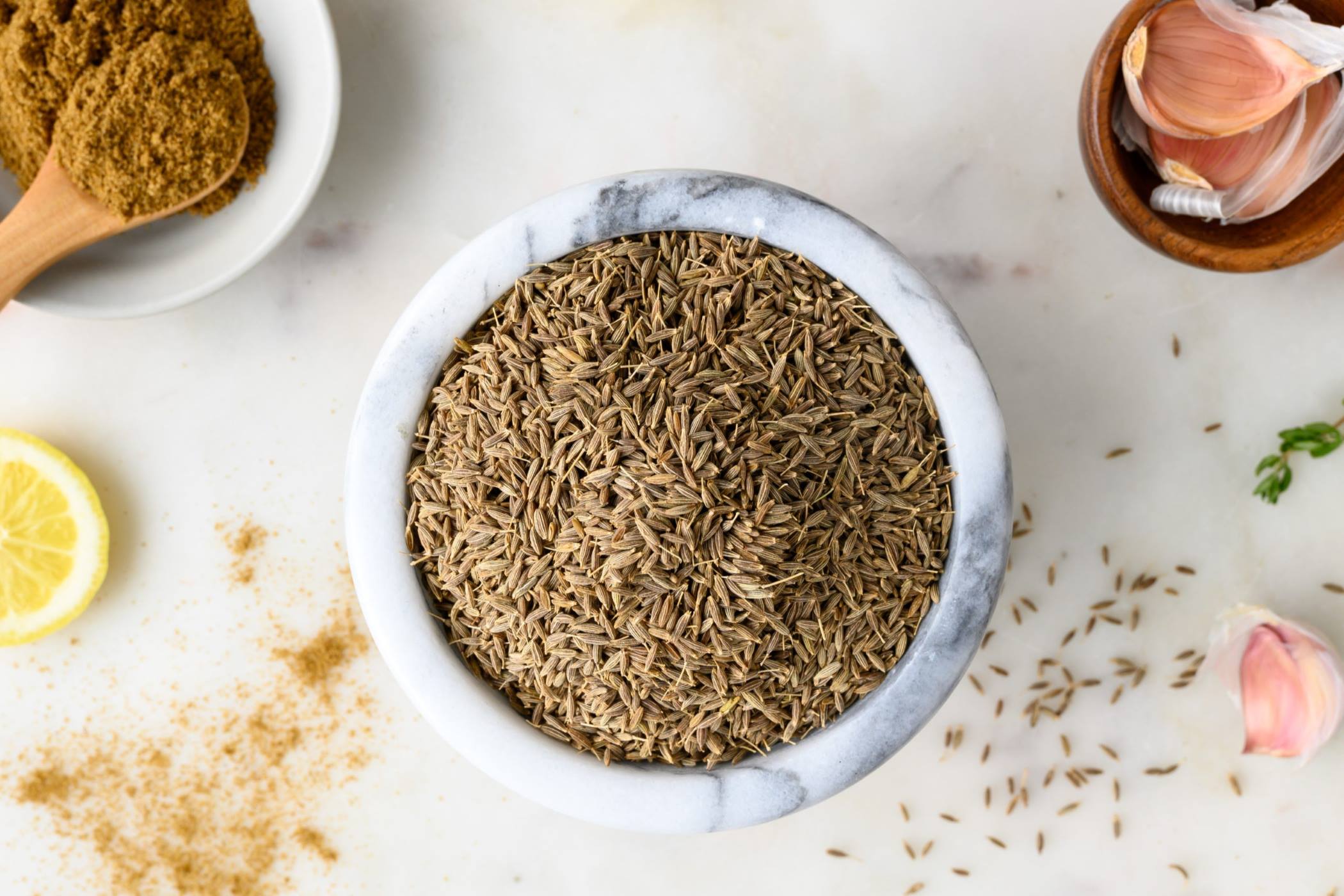
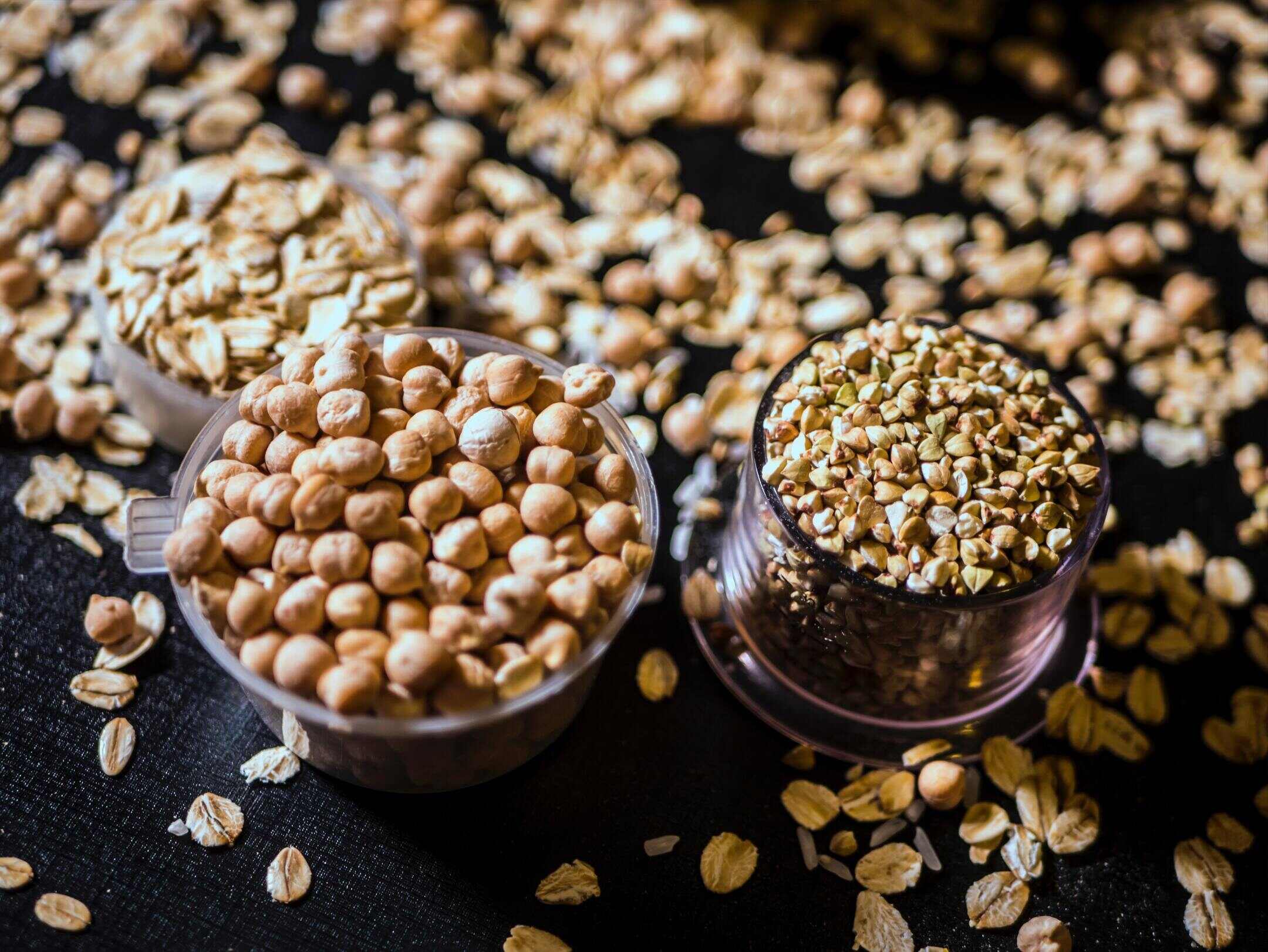
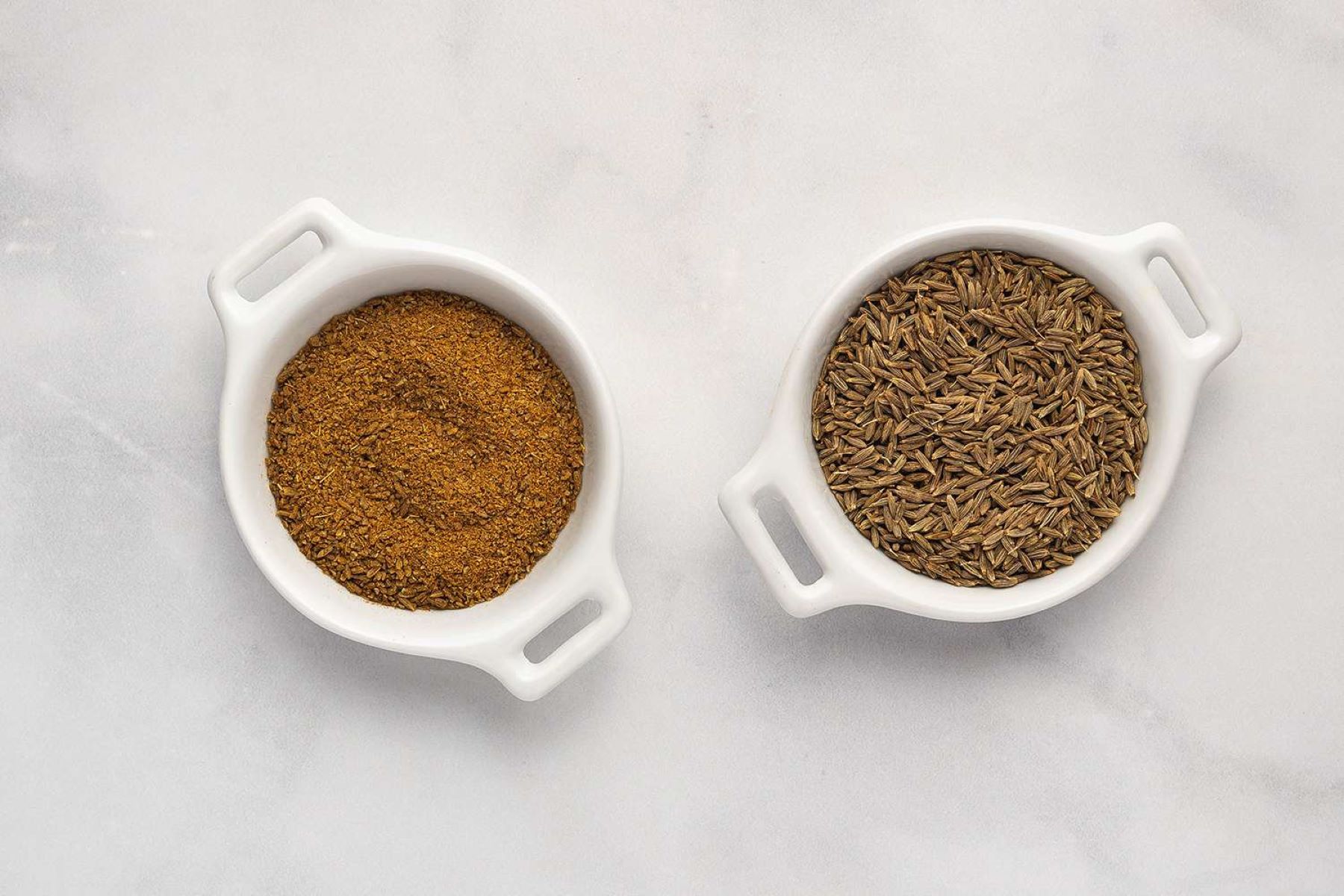
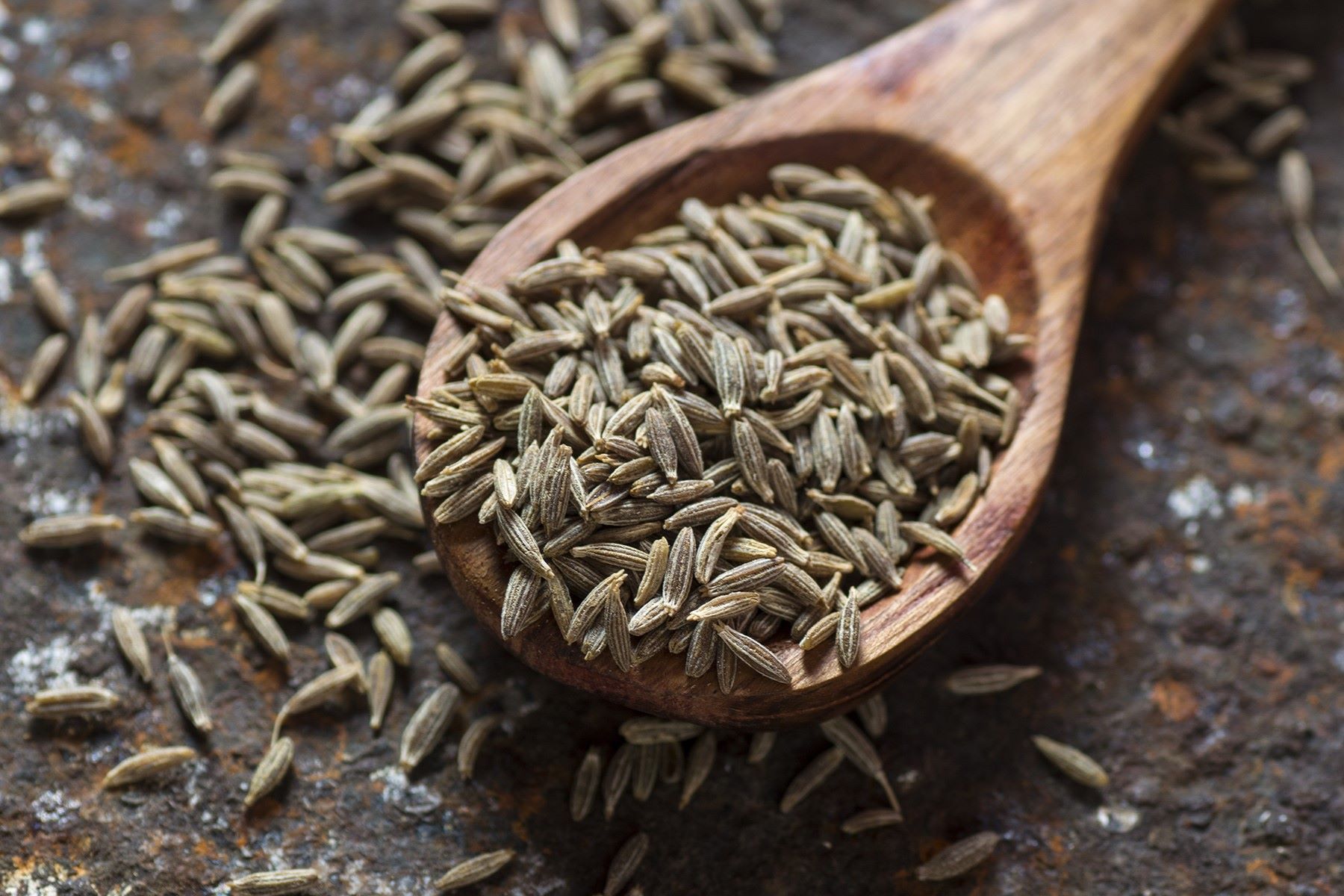

0 thoughts on “How Long Do Cumin Seeds Last”